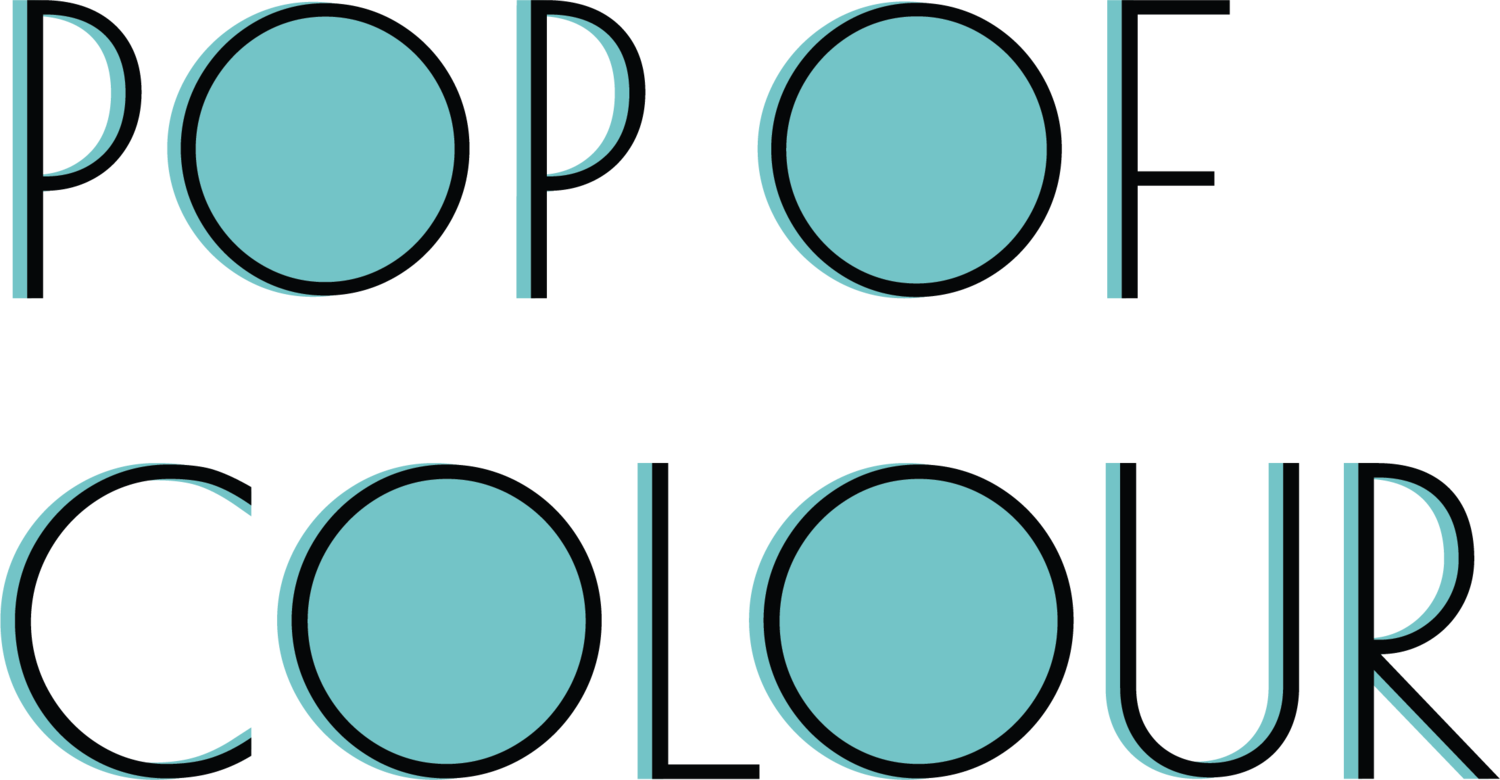Let’s Build The Cambridge Analytica of Music - Using Psychographics for Promoting Singles
I once heard this lovely quote “visual art is how we decorate space. Music is how we decorate time.” Isn’t is accurate?
Humans are quite talented at associating forms of art with memories, especially music. Whether it be an engaged couple carefully deciding “their” wedding songs, a group of senior citizens tapping their toes to Elvis in their retirement home, or a pop hit being dubbed “the song of the summer,” music plays such an important role in our lives and in our memories.
Since we are so quick to associate music with certain emotions or memories, it’s natural that at some point in our lives, we’ve searched for the perfect song to capture how we feel - from burning mixtapes for our high school sweetheart, to mood based playlists on Spotify. We don’t want to feel alone with our emotions and situation, and songwriters are professionals at saying it better than we ever could, after all.
What Are Psychographics?
When creating Facebook ads, you can easily change who sees your posts by using the demographic data available. Psychographics takes things a step further. Simply put, they are stats on people’s states of mind, values, and personality. These can be permanent or temporary.
Unlike with demographics, Facebook doesn’t have a button that lets only happy people see your ad. It takes a combination of knowing your target fanbase and intuition to combine different targeting options into your psychographic ad formula.
Who Was Cambridge Analytica?
Cambridge Analytica was the controversial political consulting firm best remembered for its role in using Facebook users’ data to promote Trumps’s 2016 Election Campaign in the US, and the Brexit vote in the UK.
In the Netflix documentary The Great Hack, Cambridge Analytica whistleblower Brittany Kaiser describes in great detail how the company was able to decipher the states of mind of Facebook users based on their online activity. People named “the persuadables” were then sent targeted Facebook ads.
So Let’s Hack Our Way To Fans!
If Cambridge Analytica showed the world it was possible to target the perfect political message to people based on their moods, why can’t we take our message (the song) and bring it to people currently experiencing the same situation as in the lyrics?
A pop fan is crying in her dorm after finding out her boyfriend cheated? Here’s a sassy kiss-off anthem about how she’s better off without him!
A big city business professional is also a fan of hip-hop? Here’s a suggestion for pump-up playlists about respecting the hustle!
A suburban dad might really dig your classic rock aesthetic. A tourist in your city might love to hear a taste of the local scene. A depressed teenager might find comfort in an emo power ballad.
If music fans already seek out music to reflect their state of mind, wouldn’t you like your song to show up in the feed of someone it’s perfect for?
If your song matches with their current life situation and their personal taste in music, you’ll always be remembered as the song that helped them get through that period of their lives. Your potential fans are “the persudables,” as through the power of your music you can change their mood to inspire, give hope, provide comfort, or soundtrack a time of their life.
Let’s Build The Cambridge Analytica of Music!
Like any successful business, you are solving a problem; and if you nurture your fan relationship after the first introduction, you’ve got a fan for life. The internet has given us scary, powerful tools to get a message in front of people. As artists, let’s use this power for good.
Colourfully Yours,
- Clarence


